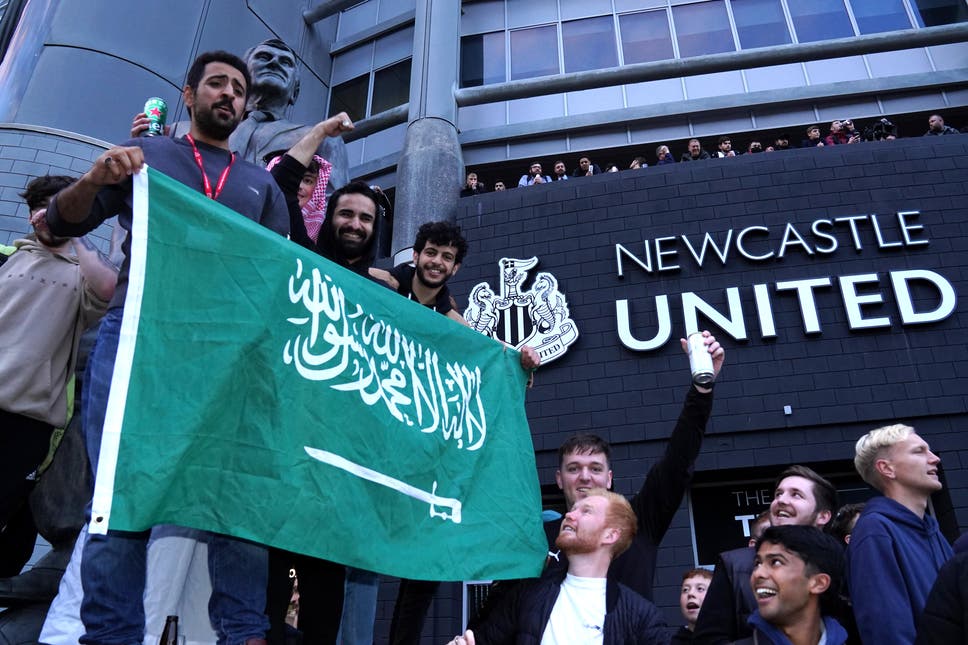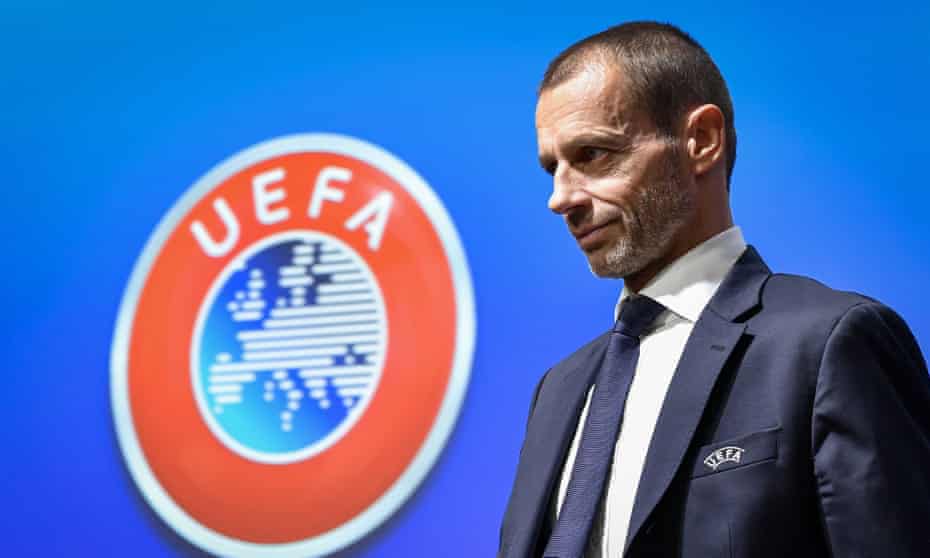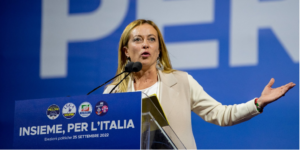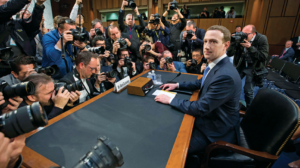
For nearly a century, football (or as Americans call it, soccer) has been the most popular sport in the world. It is enjoyed everywhere, from Argentina to Russia to Canada to Indonesia. In Europe alone, football was worth 29.8 billion dollars last year, and employed millions of people. Just a few weeks ago, the biggest event in the last twenty years of football occurred in an unlikely location: Newcastle, England.
On October 7th, 2021, the football club Newcastle United was officially purchased by the Public Investment Fund of Saudi Arabia (PIF). The Public Investment Fund is chaired and controlled primarily by the heir to the Saudi throne, Mohammed bin Salman al Saud. Up until now, the richest football club owner was worth 30 billion dollars. PIF is worth 450 billion and now accounts for 3/4 s of the value of the richest football league on earth,the English Premier League, with the financial means to buy any player from any league.
While this might be great news for Newcastle United fans, this purchase, if not regulated properly by the UK government and English Football Associations, will be disastrous for the sport many of us know and love. With enough time, Newcastle could buy the best players and staff from around the world to create a super team with little competition, lowering the sport’s entertainment value. However, Newcastle’s future purchases of high-quality players won’t only affect their team.
Newcastle, a small English city, is not a naturally attractive destination for football players, and arrivals will be paid well over their real worth. This, in turn, will drive up the prices of all football players, resulting in inflation of player prices. This new gap between players will hinder smaller teams’ financial abilities and crush any hope left for local or small business football development.
The Newcastle purchase shows the world that it is time for Financial Fair Play law (FFP) reform. FFP laws are: “regulations made in order to prevent clubs from over-spending across several seasons within a set budgetary framework.” In extremely basic terms, these laws allow the Union of European Football Associations, based on a club’s wealth, institutions, previous spending, and debt, to calculate a set amount of spending a club may have. If they do not follow the rules, it can result in anything from a warning at first, to a significant deduction of points.
While this law is already in place and seems all well and good, the existing rules have significant issues that call for reform.

Fabrice Coffrini/AFP, UEFA President Aleksander Ceferin at last year’s meeting where they discussed possible additions to FFP
The first, and arguably biggest issue, is that they are not being properly enforced. It is a running joke among football fans that the clubs Paris Saint Germain and Manchester City continuously laugh in the face of Financial Fair Play laws, buying up multiple big-name players. Paris Saint Germain now have Lionel Messi, Neymar Jr., and Kylian Mbappe on one team, a feat thought previously impossible. They use obvious loopholes in the laws to buy players, and with such low fines for offenses teams can easily pay them off. It is time for governments and UEFA to step in. Punishments need to become better defined so that clubs with more money and fans cannot find their way out of them. UEFA corruption needs to be prosecuted and loopholes must be eliminated. Reforming the FFP starts with enforcing the laws it already has.
Financial Fair Play laws in their existing form are also simply not enough to stop big corporations and wealthy individuals from dominating the sport. New laws are needed to stop giants like the PIF from ruining competitions with money.
Another important regulation would be to require a certain amount of homegrown players on each team. Many leagues are continuing a legacy of colonialism with La Liga (the top Spanish League) continuing to steal the best players of South America, Germany stealing many of Eastern Europe’s best players and the UK from the former colonies. These leagues monopolize the best players and take money/entertainment from clubs around the world.
Without reform to FFP laws, the inequality between football clubs both domestically and globally will grow, destroying its entertainment value, making hundreds of thousands of jobs disappear, and eliminating many people’s opportunities to meritocratically improve their athletic careers. Without reform, the world’s most popular sport is doomed.



